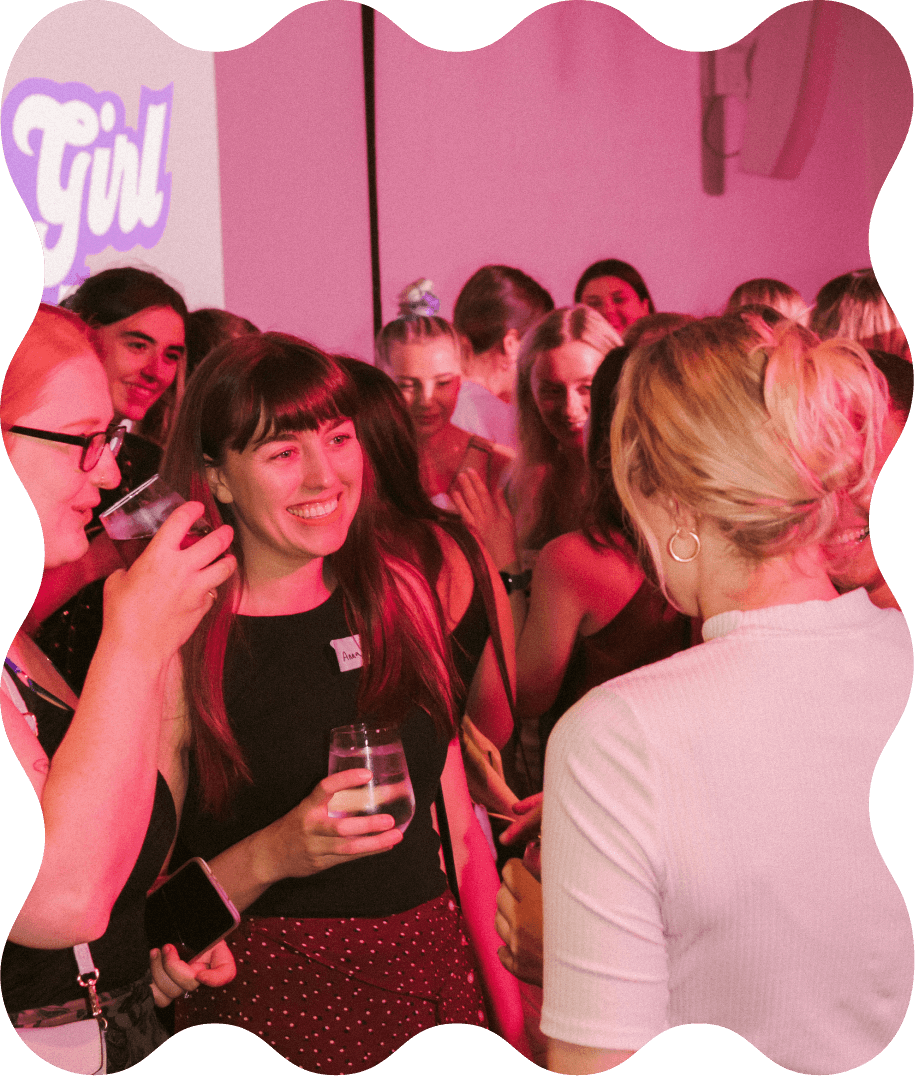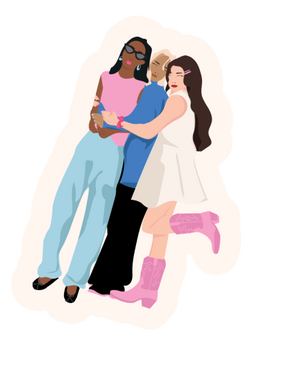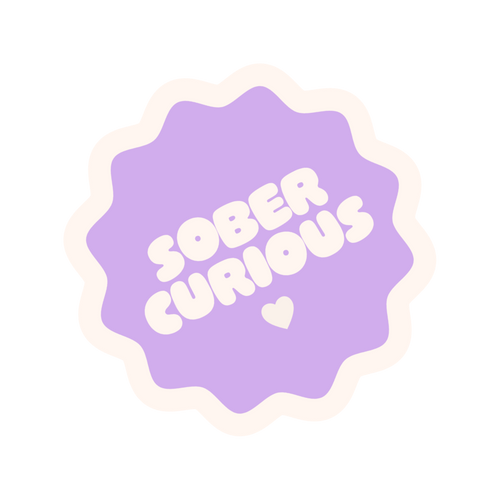Whether you’re a longstanding Sober Girl or you have just happened across this blog, we all have one thing in common: we’re sober or want to learn more about being sober. In the interest of full transparency, I am not sober. Further disclaimer, I am about to discuss disordered eating so please do what you must to keep yourself mentally safe. If this isn’t a topic you feel comfortable with right now, there are plenty of other enticing blogs on the website.
After overcoming 15 years of problematic binge-drinking by turning to moderation I want to share my newly acquired approach to temperance in hopes to show others like me (who are not capable or willing to commit to full sobriety) that there is space for them in the Sobersphere.
Since awkwardly stumbling into adolescence, I, like many others, have struggled with my body image and self-confidence. My disordered eating and alcohol abuse developed independently from one another but gradually became intertwined. My over-arching insecurity was always my figure. Consequently, the calorie restricting came first. Limiting my calories dangerously low for extended periods of time which lead to subsequent binges, more often than not including copious measures of alcohol. Eventually, my social drinking habits far surpassed any of the behaviours of my friends – snowballing into regular, heavy binge drinking.
Convincing myself I didn’t have a drinking problem became less and less of an easy task. I would say things like “I’ve never missed work due to alcohol” or “I don’t drink first thing in a morning” as if that negated the fact, I regularly consumed nearly 3 times the recommended weekly units in one sitting or the fact I often totally lost control when drinking and blackouts were a common occurrence for me.
During lockdown, I did a lot of introspective work surrounding my eating habits. I stopped balancing calories eaten versus calories burned, instead eating for satiety, and exercising to feel healthy. I mentally abolished the concept of “good” and “bad” foods and “right” or “wrong” ways to eat, along with other disordered guidelines I’d built into my everyday life such as “earning food” and punishing myself by starving myself if I “overindulged”.
As the twilight of my 20s approached, I realised I didn’t want alcohol to still have a hold on me into my 30s and beyond. I began therapy to help me identify the root of my binge-drinking. Meanwhile, I choose to adapt the guiltless approach I’d developed towards food and apply it to my relationship with alcohol.
Let me share with you some of the questions I ask myself before I chose to drink alcohol.
Why am I drinking?
It is entrenched into British culture to drink at every given opportunity. Wine with lunch? It’s five o’clock somewhere! On holiday? Be rude not to. Hungover? Hair of the dog.
This is a trope I took full advantage of sporting (too many) drinks at any social gathering from baby showers to Sunday lunch. Now, when scanning a drinks menu, I think about what I truly want instead of imitating my beer-ordering peers because it’s what everyone else is drinking. If I’d sooner have a J2O then I’m having a J2O. Similarly, if I do choose to drink, I’m less careless with my choices. Electing to sample a local beer on holiday or toasting newlyweds with sweet champagne instead of seeking out any and every reason to imbibe.
Am I enjoying my drink?
Historically, I have force fed myself the contents of my plate despite it not tasting as nice as I’d hoped (usually the case when I made gummy protein pancakes but they fit my daily macros, so I HAD to eat them) or gorge on food to the point of feeling sick. I wasn’t enjoying my food or eating from a place of hunger but binging or consuming bad tasting food to fit my macros or calories for that day. The same approach applied to alcohol because I was drinking to get drunk. The taste of the alcohol didn’t matter, it’s what I stood to achieve by consuming it. I would drink anything to get drunk.
Now, I purposefully choose drinks I will enjoy. I’ve come to realise I don’t like the taste of paint-stripping vodka or certain gassy beers, especially when consumed in multiples. Often, I selected a beer as my drink of choice as it would be the cheapest item on the menu with a percentage but interestingly enough, they’re normally always more expensive than a fruit juice. Go figure!
Do I want another drink?
As I just alluded to, I don’t really like beer. There are handful of beers I enjoy but it’s very rare I enjoy more than one beer on any given occasion. It’s gassy and it’s not moreish. I’ve realised that this can apply to other drinks. A hard-earned cider after a long dog walk is real reward to me but the second pint never tastes as gratifying. All this to say, sometimes just one is enough. A concept I’ve never grasped before.
What’s on offer?
Another revolutionary concept to me is the idea that I didn’t have to pick the most appetising alcohol out of a restrictive assortment being offered. This summer I visited the Fringe festival with friends in Edinburgh. A majority of the backstreet venues only supplied limited spirits and certain draughts – none of which I felt like indulging in at the time. This is when I discovered I love pineapple juice. Nothing is stopping me choosing Diet Coke over a Carling.
In the same vein, with the sober revolution bursting into the mainstream I’ve found drinks menus becoming more comprehensive than I ever anticipated. Abstinence and moderation are growing in popularity with many Gen Z choosing to go sober. This means pubs, clubs and restaurants are having to adapt to this target audience and more alcohol free or low alcohol options. I find myself gravitating towards these options more and more as I can still feel included without having to drink alcohol.
As someone who has struggled for years due to restrictive behaviours that then encourage endless cycles of guilt and shame, I have found moderation the easiest way to keep myself mentally safe while improving my quality of life exponentially. It doesn’t work for everyone but for me it’s been all but life changing, and I hope if you find yourself in a similar situation these nuggets of advice can help you make the same changes.
Written by Liz Wallace
Liz is a 29 year old aspiring writer who is grateful to the Sobersphere for helping her get more out of every day. Although she capped her social media along with her alcohol intake she can intermittently be found on Instagram @thiccandtiredxo.












